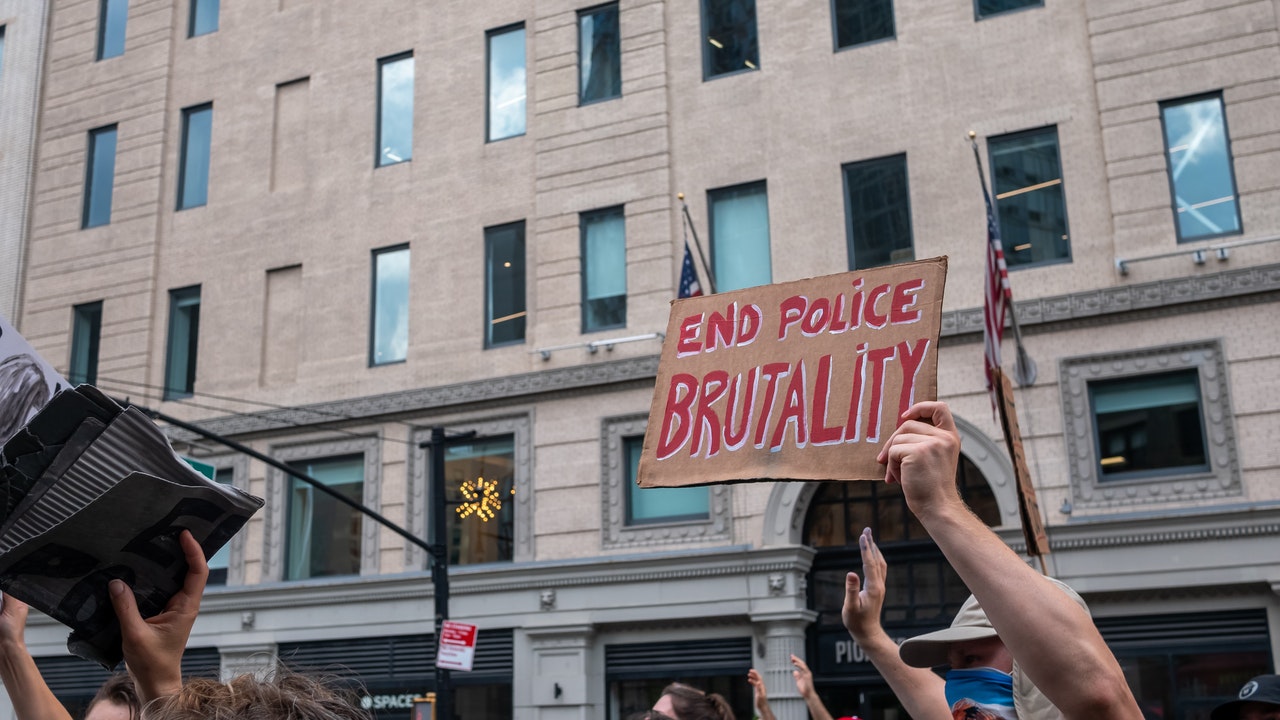“If one confronts the police, they need to be prepared to meet their maker.” — Police Commissioner Paul Rolle’s response when asked about the use of force by his officers in August 2020.
In an op-ed posted on Eye Witness News’ online publication, author Devonté Hanna sought to highlight the many instances of “visible” police misconduct that has occurred recently. Mr. Hanna particularly referred to the June 13, 2020, police-involved shooting of three men in Nassau as an example of the continuing use of what he claims is “undue force” by the police. Since that incident, several more police-involved shootings have occurred, with the most recent incident transpiring in February of this year. In March of this year, an audio recording went viral of a man who was subjected to abuse while in police custody. The officer involved was placed on administrative leave. However, the same officer has subsequently retired without any, further information regarding the outcome of this incident.
It is not uncommon amongst Bahamians and other residents of The Bahamas to have either experienced police misconduct or known someone who has. There has always been a fear of being picked up by the police and possibly being subjected to beatings in custody. According to former Police Commissioner Anthony Ferguson, in 2019, 151 complaints were filed against the police, with more than 50% of them being for the use of “unethical behavior.”
At the date of writing this article, I have not been able to find updated statistics.
However, in addition to matters that have been reported and are formally on record, it is safe to assume that many others were largely unreported. More so, it is compelling to see that at minimum 75 of those complaints in the 2019 statistics were attributed to “unethical behavior”.
The Police Act, 1965, (“the Act”) is the statute that governs and empowers the Royal Bahamas Police Force to carry out its duties and governs officers general conduct. However, upon careful review, it is noted that while there are provisions in place for officers who are found guilty of misconduct, the Act fails to provide a definition as to what misconduct is. Failure to give a definitive definition leads me to believe that the “idea” of misconduct is not held as an objective standard. Instead, it falls as a subjective standard. This can mean that what may be deemed as misconduct in one situation may not be deemed as misconduct in another. Is this the best way to determine what constitutes misconduct?
Over the last twenty years , there has been a significant increase in persons submitting their grievances regarding police misconduct (i.e., unethical behavior) to the courts. The cases that make their way to the end all have the same trending factors: police misconduct and some
loss of liberty. Most notable are the cases of Tynes v Barr [1994] 45 WIR 7, Merson v Attorney General [2005] UKPC 38 and Shorn Scott v The Attorney General of The Bahamas et al. [2017] UKPC 15. In each action, all the Plaintiffs were subjected to some form of police misconduct, such as assault, battery, and false imprisonment. However, there have been other cases where the facts of the case regarding police misconduct were so egregious that it is understandable why the Court reached its conclusion. In the case of Gilford Lloyd v Chief Superintendent Cunningham, the Commissioner of Police of the Commonwealth of the Bahamas and the Attorney General of the Commonwealth of the Bahamas, 2016/CLE/gen/00062 on January 9, 2015, Mr. Lloyd was assaulted by two members of the Royal Bahamas Police Force who unlawfully entered his residence, held a gun to his forehead, demanded that he get down, handcuffed him and escorted him outside and into the presence of the First Defendant, Chief Superintendent Cunningham. He alleged that he was ordered to stand at the side of a police car while most of his neighbors stood outside their residences looking on. After about thirty minutes, Chief Superintendent Cunningham ordered the removal of Mr. Lloyd’s handcuffs, and he was released. The Defendants denied that the incident occurred and gave evidence that there were no incident reports on file to support Mr. Lloyd’s version of events. However, the Court found Mr. Lloyd to be more credible as he had produced another witness to the incident and ultimately found in favor of Mr. Lloyd’s claims against the Defendants for assault, unlawful arrest, and false imprisonment.
The cases highlighted above are only a snapshot of incidents that have been reported and presented before the courts. Mr. Hanna notes in his article that the 2019 survey also revealed that less than half of the participants indicated that they had confidence in the police. This provides a stark reality against a backdrop of continuing crime rates without any foreseeable plan in place. What then can be done to cure a landscape where stakeholders, that is, the Bahamian people, no longer feel protected by the ones put in place to protect them? Mr. Hanna suggests an overhaul of police training to include counseling, social work, and crisis intervention to enable them to effectively handle, protect and serve the communities they police. Ultimately, it starts with treating the stakeholders in these communities as persons with a voice and not potential criminals.

